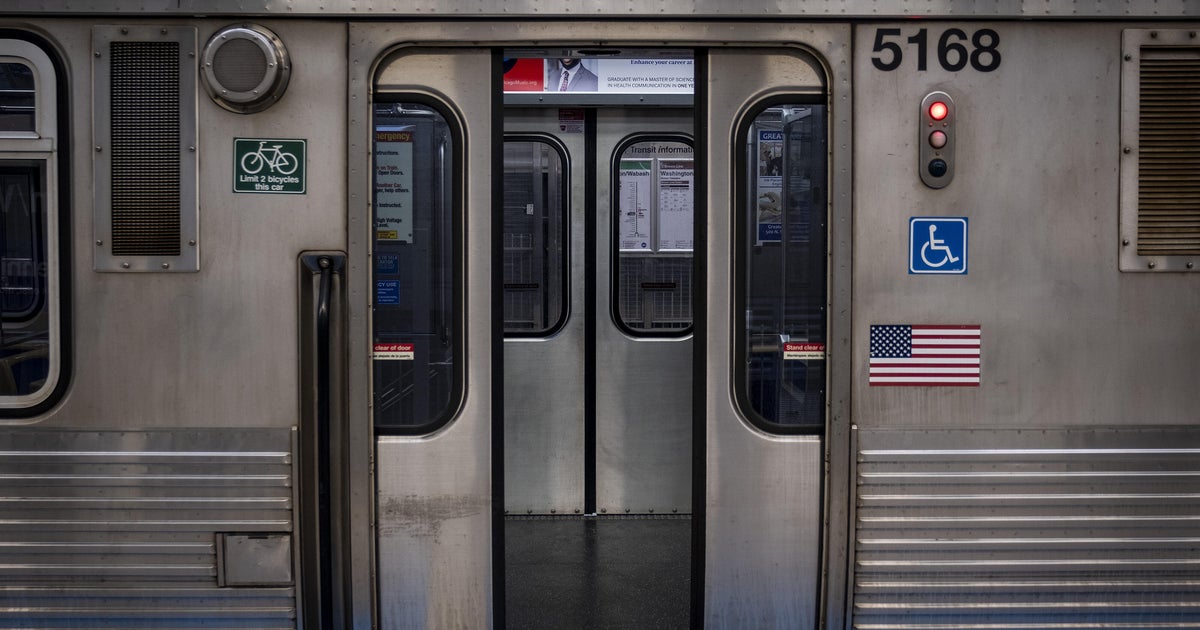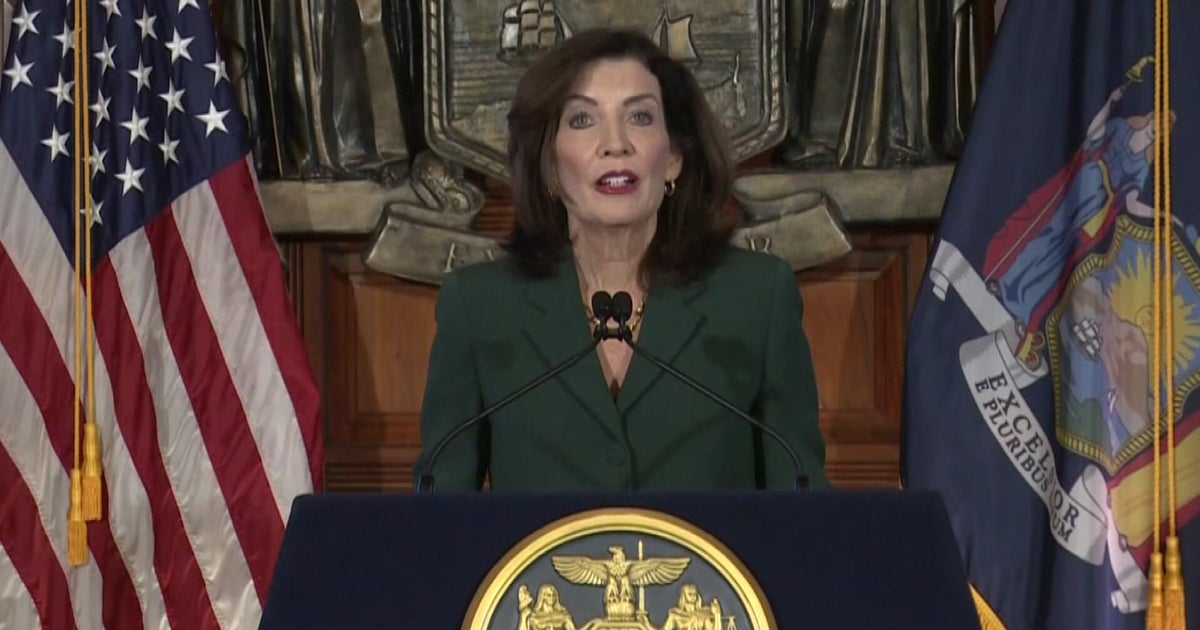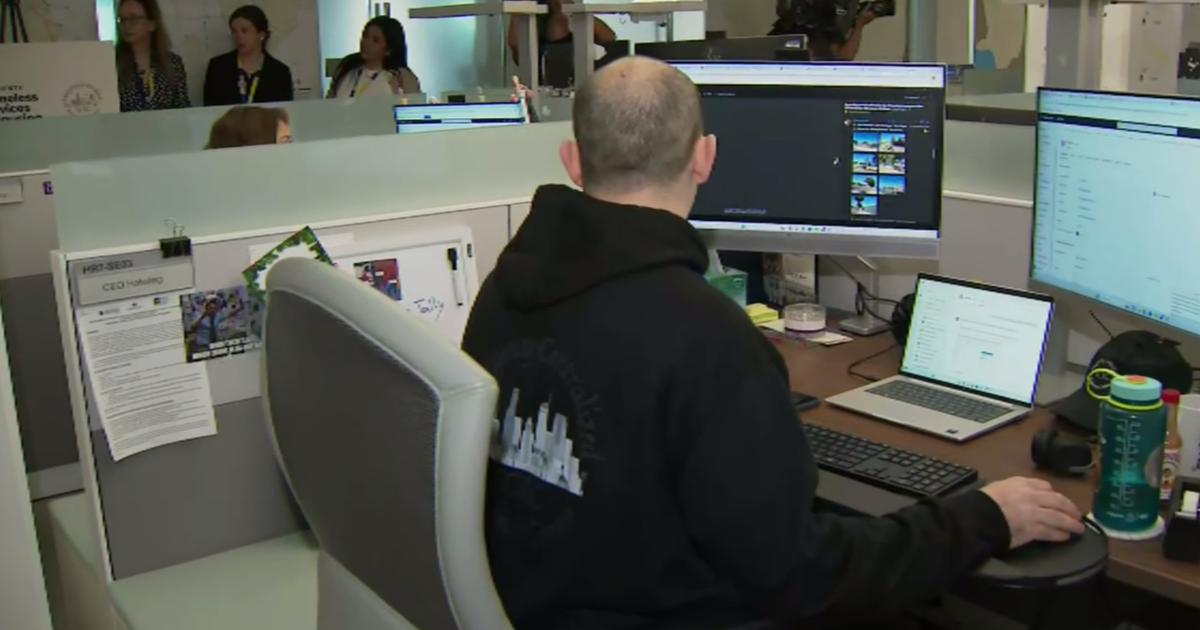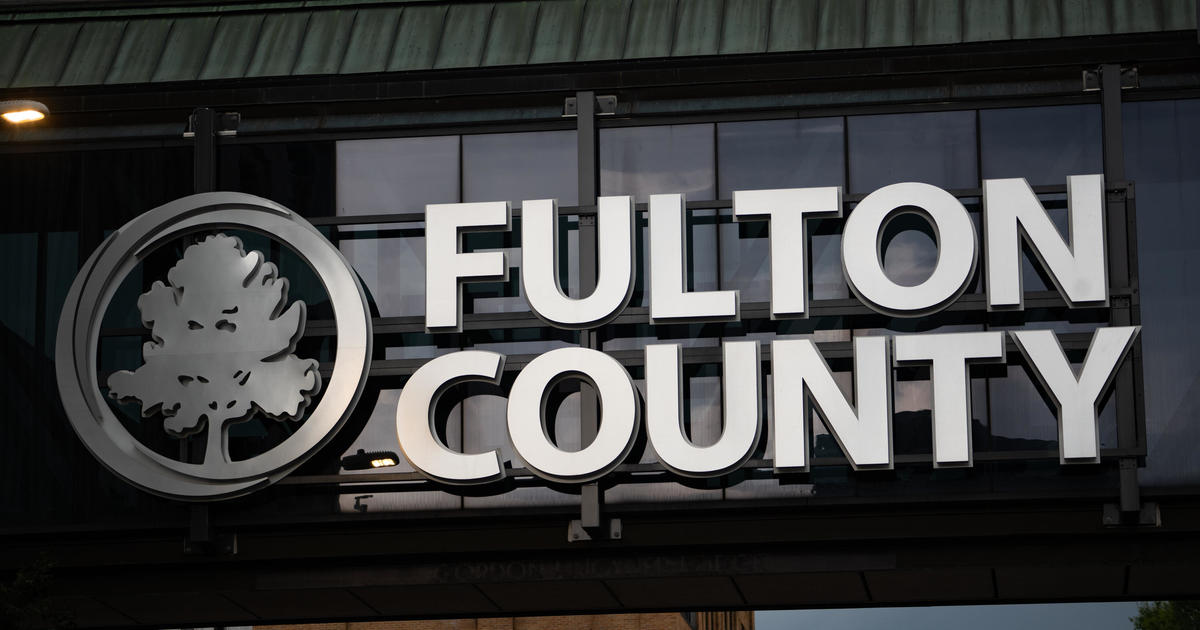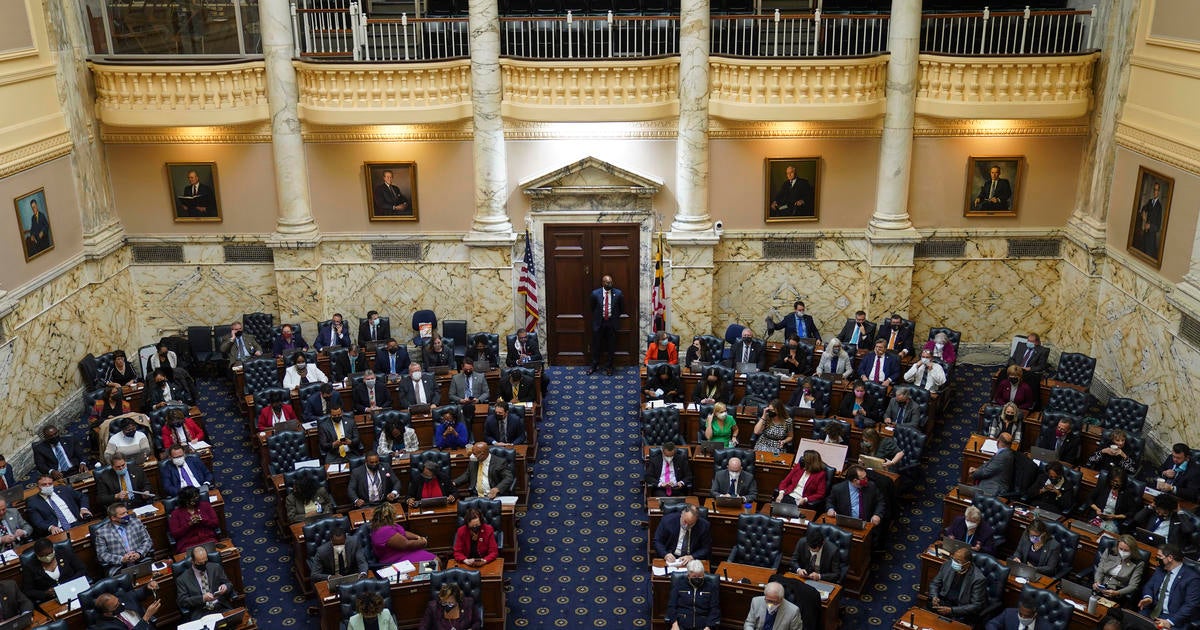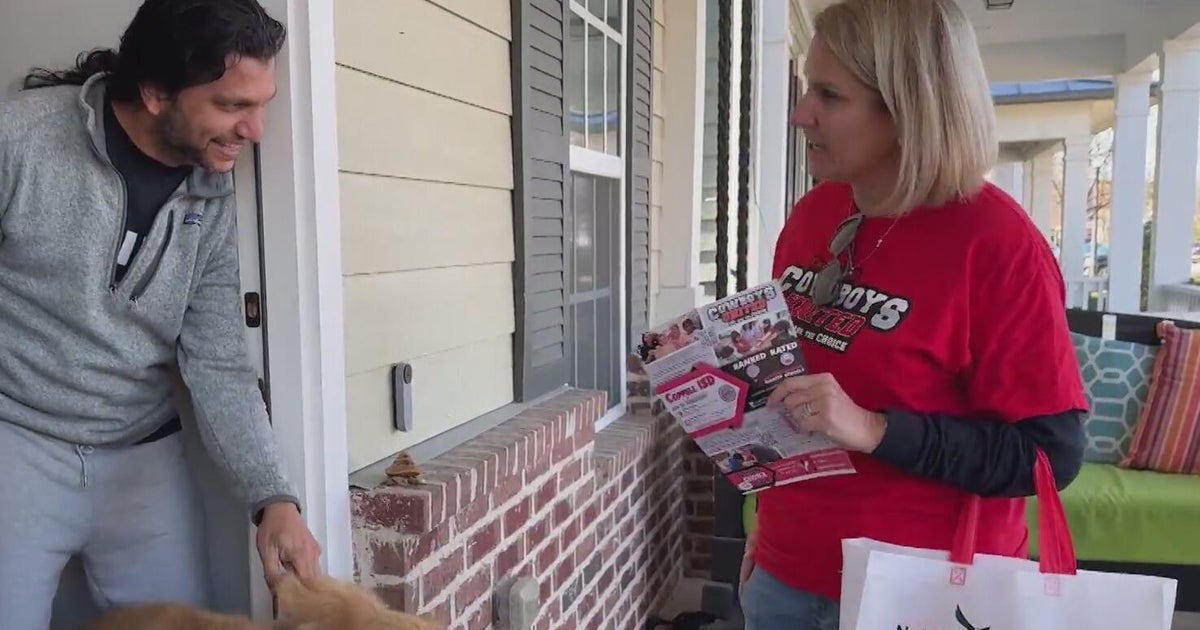RTA Chief Warns Of Higher Fares, Reduced Service Under Rauner Budget
CHICAGO (CBS) -- The region's top transit official warned Thursday that CTA, Metra, and Pace fare hikes and service cuts would be "difficult to avoid" if the legislature enacts budget cuts proposed in Gov. Bruce Rauner's budget.
Regional Transportation Authority Executive Director Leanne Redden said the cuts could hit as early as July 1 because of the state budget cycle, and said discussions are already well underway with all three operating agencies.
Redden said cuts would hit the CTA "disproportionately," totaling $130 million, well above the $105 million figure CTA officials quoted last week. Metra would lose $20.8 million in state aid and Pace would lose $10 million. In addition, Pace would lose $8.5 million in funding for ADA paratransit service, which federal officials have said would have to "come off the top" from all three agencies to meet unfunded federal mandates.
One moment Redden was saying that the proposed funding cuts to CTA were the equivalent of 10 weeks without any form of CTA bus service, although she was quick to add that no such cutback was under active consideration. The next, RTA Chairman Kirk Dillard said, "All of life is a balancing act and we have an excellent line of communication with Gov. Rauner and his staff. We're sympathetic and we're going to work with them."
Rauner, during his own appearance Thursday, blamed lawmakers for years of budgetary abuses that have resulted in the drastic cuts he's proposing.
Dillard, Redden, and RTA staff spoke vaguely of seeking new forms of revenue, but Redden said in the end, "We don't have a lot of tools in our toolbox, if you will. For the most part, our options are reducing service, cutting service or increasing fares."
Redden said Metra could handle its loss of funding through a 6 percent fare hike. It was less clear where the money could be found for CTA and Pace.
Dillard said the CTA, Metra and Pace have already tightened their belts considerably, and have the lowest costs of any regional transportation agency in the country.
"We're going to cooperate with the governor and we're going to do our part, but we're going to make the case that mass transit leads to private economic development," he said, citing studies done along the CTA Brown Line following station reconstruction and in suburban areas that have embraced transit-oriented redevelopment projects.
Not everyone on the RTA board agreed with the gloomy assessment. Board member Donald Totten, a former GOP lawmaker, said, "To some extent we're crying wolf when we shouldn't be."
Board member Anthony Anderson said he found the projections scary, but said the RTA should "keep an open mind to all these things and work collaboratively."
The discussion of finances came the same day as the RTA board of directors received results of a customer satisfaction survey which found overall rider satisfaction down to 77 percent, from 83 percent when last surveyed in 2011. Customer loyalty dropped from 90 percent to 87 percent and perception of transit as a good value from 77 percent to 73 percent in the same period. Asked where they had the least satisfaction on a matter they considered important, CTA riders noted the availability of transit throughout the region, while Metra and Pace noted coordination of schedules.
